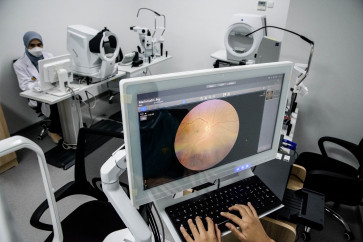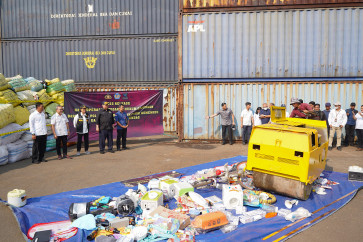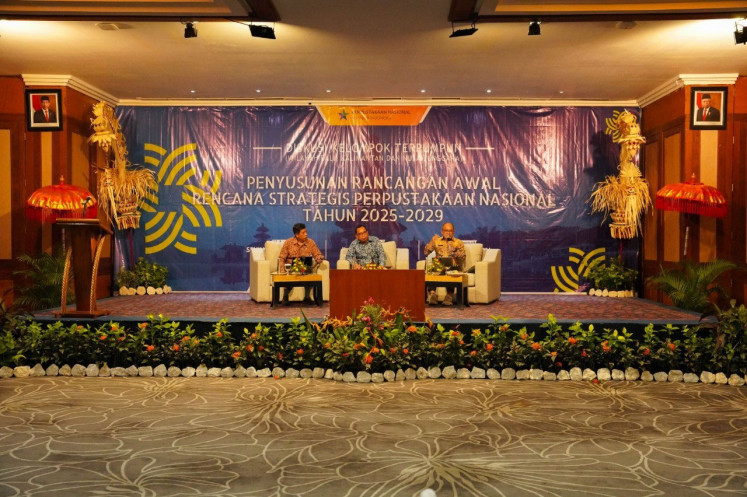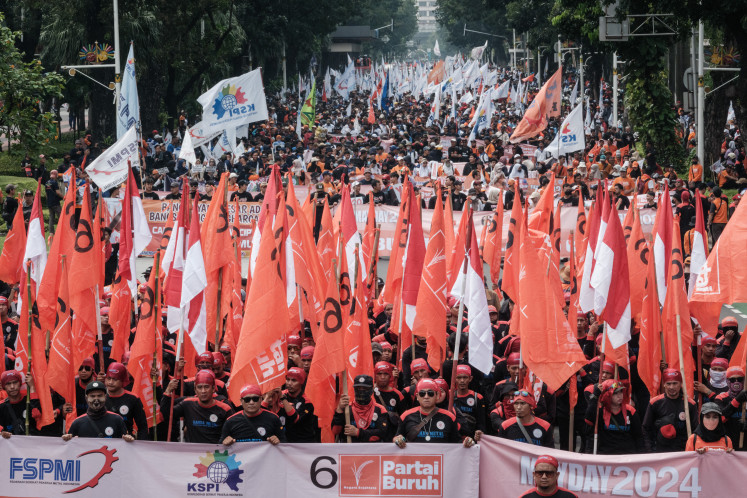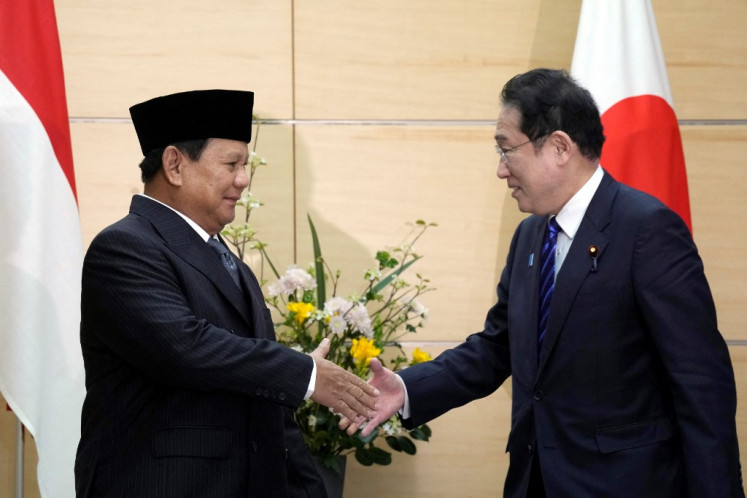Overcoming HIV Stigma: A Path to Protect Everyone’s Health and Rights
Change Size
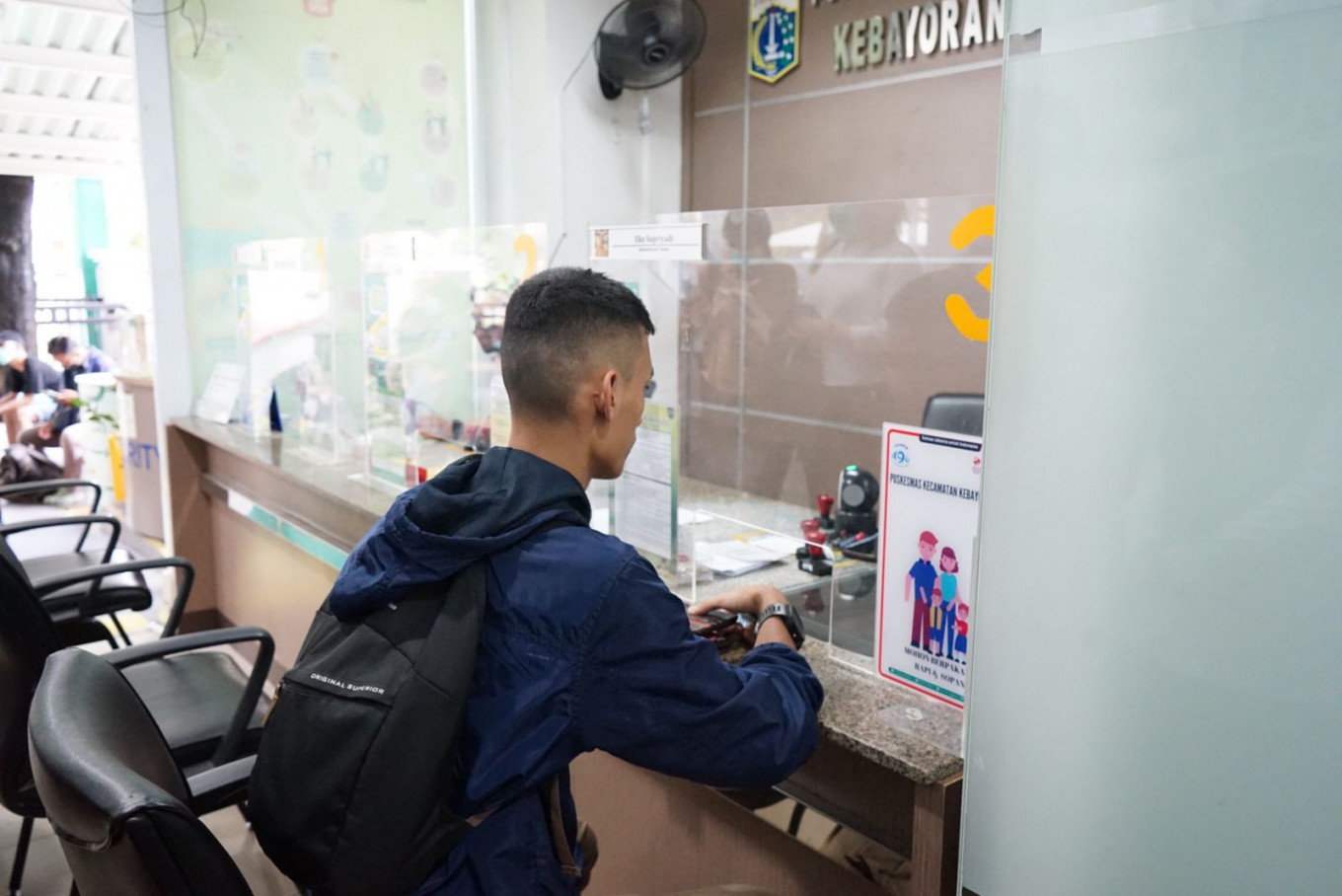 Someone is currently accessing the service.
Someone is currently accessing the service.
By: Krittayawan Boonto, UNAIDS Country Director for Indonesia; and Meirinda Sebayang, National Coordinator of the Jaringan Indonesia Positif (National network of PLHIV in Indonesia)
Dani, a recent graduate from Indonesia, is anxious about employment prospects after learning his HIV status. Stigma and discrimination against people living with HIV, as highlighted in research by Jaringan Indonesia Positif, persist in various settings including employment and healthcare.
Access to life-saving HIV treatment is available nationwide, yet fear of stigma and discrimination delays testing and treatment initiation, hindering efforts to control the epidemic in Indonesia.
March 1st marks Zero Discrimination Day, emphasizing the link between protecting rights and ensuring health for all.
Addressing workplace discrimination is crucial, as revealed by the Stigma Index 2.0, which highlights unfair treatment and limited employment opportunities, particularly for transgender women living with HIV.
Efforts to create stigma-free healthcare environments are essential to ensure access to services for all, especially marginalized groups like sex workers, transgender women, and drug users.
Global progress in reducing stigma and discrimination includes commitments from 38 countries to end HIV-related discrimination and efforts across various settings through the Global Partnership for Action to Eliminate all Forms of HIV-Related Stigma and Discrimination.
Examples of progress include legislative reforms in the Central African Republic and Argentina, increased funding for community-led programs in Kazakhstan, and targeted interventions in Ghana to support mothers and children affected by HIV.
Thailand and Iran have implemented national policies and protocols to address stigma and discrimination in workplaces and healthcare settings.
In Indonesia, reaffirming commitment to fair health and human dignity is crucial. Supporting people living with HIV, advocating for their rights, and fostering a society free from stigma and discrimination are essential steps towards ending AIDS.


